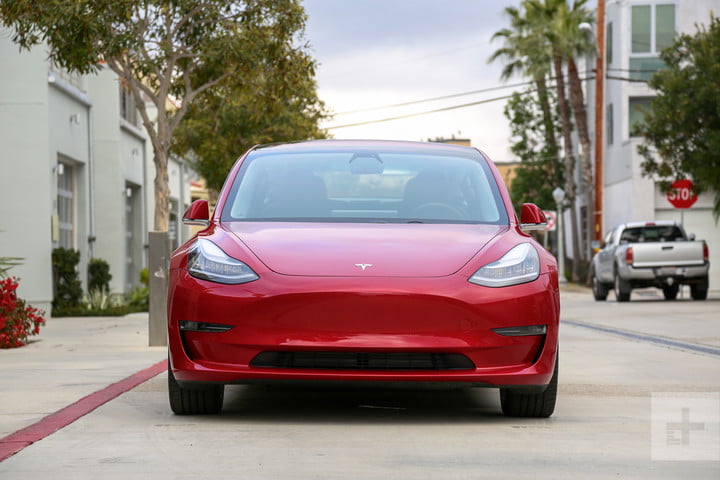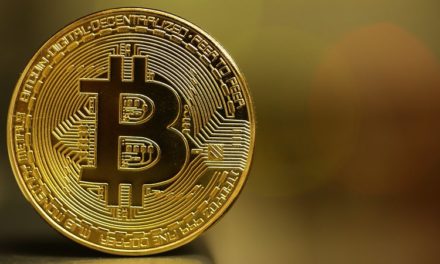Tesla may be ramping up its production schedule for the Model 3, but it’s apparently coming with pretty serious costs. According to The Wall Street Journal, Elon Musk’s car company asked suppliers for its cash back. Tesla sent a memo to a supplier that requested a “meaningful amount of money” to be returned, noting that the request would be necessary for Tesla to continue its operations. It’s a highly unusual move and one that hasn’t been met with much confidence on Wall Street. Tesla’s stock prices have taken a tumble since reports emerged about the request.
Apparently, fewer than 10 of Tesla’s suppliers were asked to provide a retroactive discount, and the company assured Digital Trends that there was no widespread memo sent to all of its business partners. Rather, a spokesperson told us, “We asked fewer than 10 suppliers for a reduction in total capex project spend for long-term projects that began in 2016 but are still not complete, and any changes with these suppliers would improve our future cash flows, but not impact our ability to achieve profitability in Q3.”
Tesla has continued to insist that these requests are standard procedure, particularly in this critical moment for its highly anticipated Model 3.
“Negotiation is a standard part of the procurement process, and now that we’re in a stronger position with Model 3 production ramping, it is a good time to improve our competitive advantage in this area,” Tesla told Digital Trends. “We’re focused on reaching a more sustainable long-term cost basis, not just finding one-time reductions for this quarter, and that’s good for Tesla, our shareholders, and our suppliers who will also benefit from our increasing production volume and future growth opportunities.”
To say that money has been tight at Tesla would be something of an understatement. The company spends about $1 billion a quarter, and its stock price has declined by about 4.5 percent over the course of the last year. In efforts to become profitable, Tesla has let go of quite a few employees. In June, Musk reduced the employee base at the company by nine percent, and reduced other spending, too.
Still, it seems that these strategies have not proven sufficient, and in a tweet on Monday, July 23, Musk confirmed reports of the request. He did, however, defend the company, noting, “Only costs that actually apply to Q3 and beyond will be counted. It would not be correct to apply historical cost savings to current quarter.”
Becoming profitable is clearly a top priority for Musk, who is juggling several highly ambitious companies at the moment, including both SpaceX and the Boring Company. In an email to employees last month, the executive wrote, “What drives us is our mission to accelerate the world’s transition to sustainable, clean energy, but we will never achieve that mission unless we eventually demonstrate that we can be sustainably profitable. That is a valid and fair criticism of Tesla’s history to date.”
Tesla is continuing its conversations with suppliers. As a spokesperson told us “The remainder of our discussions with suppliers are entirely focused on future parts price and design or process changes that will help us lower fundamental costs rather than prior period adjustments of capex projects. This is the right thing to do.”






Facebook Comments